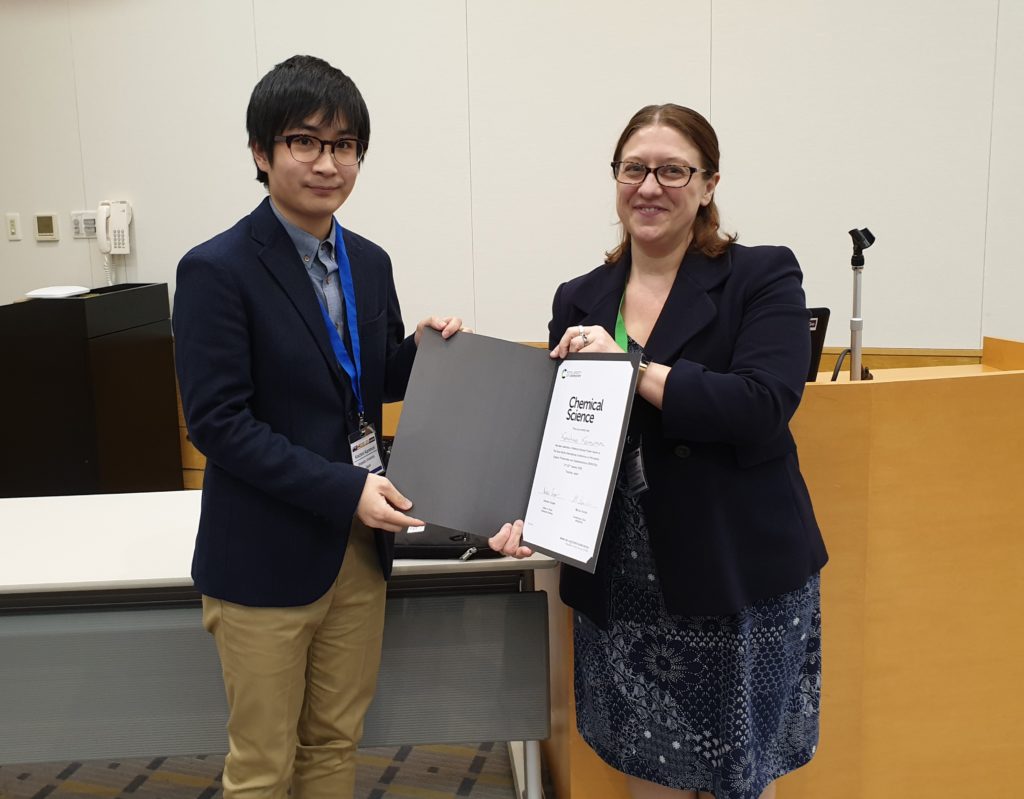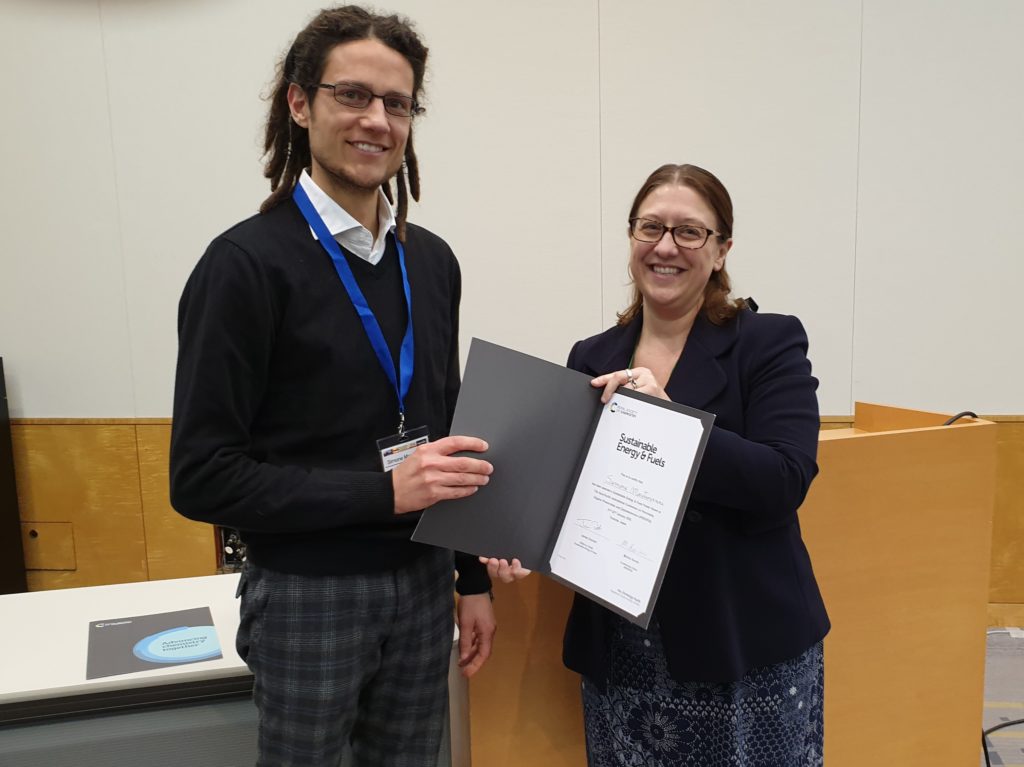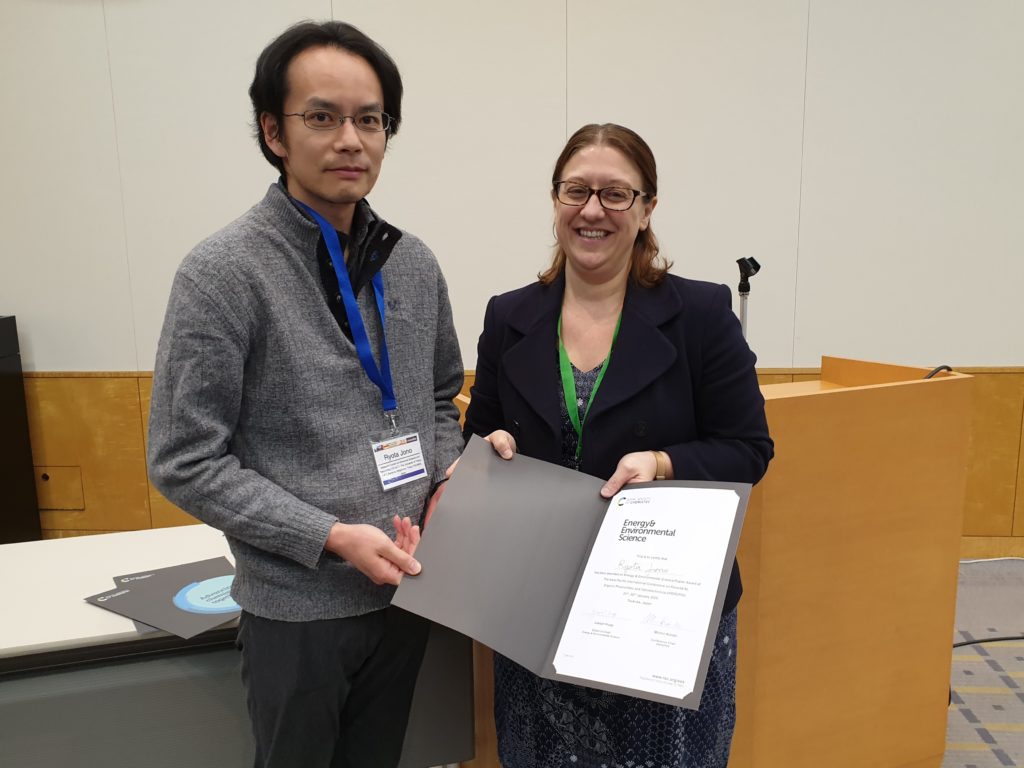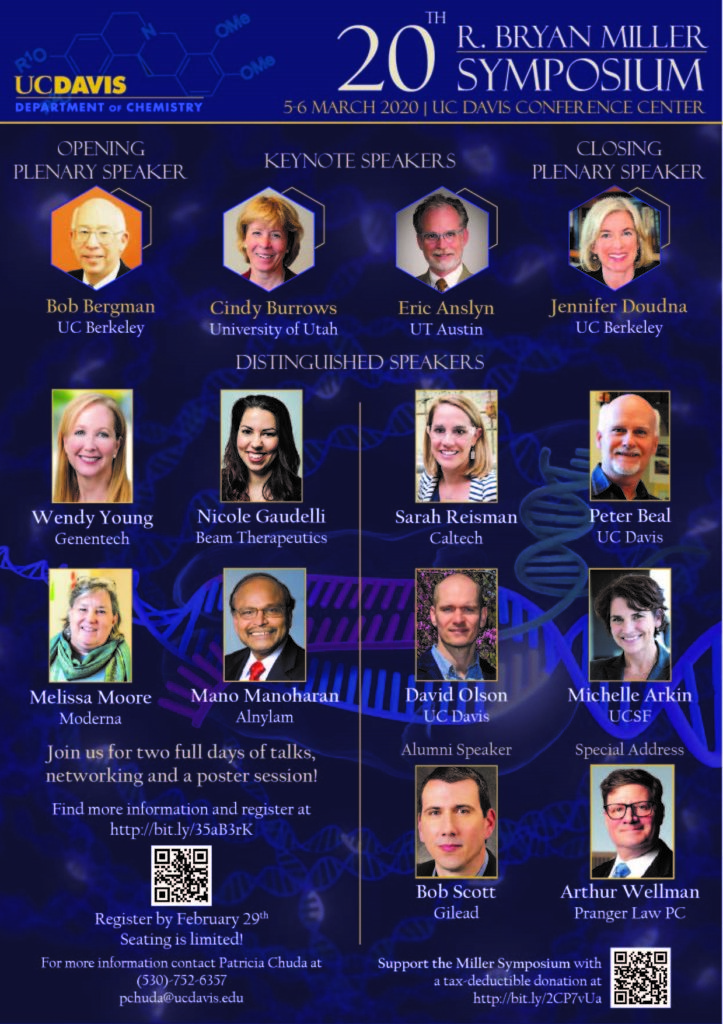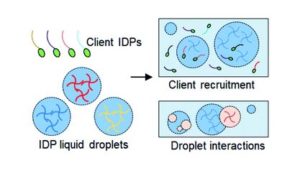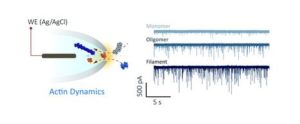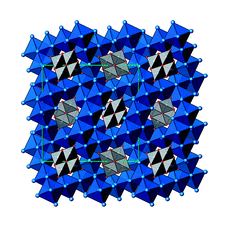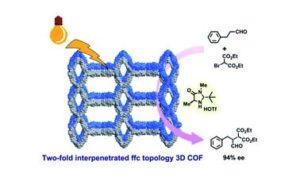We are delighted to highlight the Outstanding Reviewers for Chemical Science in 2019, as selected by the editorial team, for their significant contribution to the journal. The reviewers have been chosen based on the quantity, quality and timeliness of the reports completed over the last 12 months.
We would like to say a big thank you to those individuals listed here as well as to all of the reviewers that have supported the journal.
Each Outstanding Reviewer will receive a certificate to give recognition for their significant contribution.
Dr Igor Alabugin, Florida State University, ORCiD: 0000-0001-9289-3819
Dr Gonçalo Bernardes, University of Cambridge, ORCiD: 0000-0001-6594-8917
Dr Luca Bernardi, University of Bologna, ORCiD: 0000-0002-7840-3200
Dr Davide Bonifazi, Cardiff University, ORCiD: 0000-0001-5717-0121
Professor M. Kevin Brown, Indiana University, ORCiD: 0000-0002-4993-0917
Professor Tianning Diao, New York University, ORCiD: 0000-0003-3916-8372
Professor Dr Matthias Drieß, Technical University Berlin, ORCiD: 0000-0002-9873-4103
Professor Xinliang Feng, TU Dresden, ORCiD: 0000-0003-3885-2703
Professor Dr Frank Glorius, WWU Münster, ORCiD: 0000-0002-0648-956X
Professor Hiroshi Kitagawa, Kyoto University, ORCiD: 0000-0001-6955-3015
Professor Dr Paul Knochel, Ludwig-Maximilians-Universität München, ORCiD: 0000-0001-7913-4332
Dr Sami Lakhdar, LCMT, ENSICAEN, CNRS, ORCiD: 0000-0002-1168-7472
Professor Jinghong Li, Tsinghua University, ORCiD: 0000-0002-0750-7352
Professor Stephen Liddle, The University of Manchester, ORCiD: 0000-0001-9911-8778
Professor Stefan Matile, University of Geneva, ORCiD: 0000-0002-8537-8349
Professor Dr Kilian Muniz, ICIQ, ORCiD: 000-0002-8109-1762
Dr Manuel Nappi, University of Cambridge, ORCiD: 0000-0002-3023-0574
Professor Dr Martin Oestreich, Technical University Berlin, ORCiD: 0000-0002-1487-9218
Professor Dr Andreas Schnepf, Universität Tübingen, ORCiD: 0000-0002-7719-7476
Professor Dr Armido Studer, WWU Münster, ORCiD: 0000-0002-1706-513X
Professor Bo Tang, Shandong Normal University, ORCiD: 0000-0002-8712-7025
Professor Tomás Torres, Universidad Autonoma de Madrid, ORCiD: 0000-0001-9335-6935
Professor Christopher Uyeda, Purdue University, ORCiD: 0000-0001-9396-915X
Dr Jan van Hest, Technische Universiteit Eindhoven, ORCiD: 0000-0001-7973-2404
Professor Bo Wang, Beijing Institute of Technology, ORCiD: 0000-0001-9092-3252
Professor Andrew Wilson, University of Leeds, ORCiD: 0000-0001-9852-6366
Professor Dr Wen-Jing Xiao, Central China Normal University, ORCiD: 0000-0002-9318-6021
Professor Vivian Yam, The University of Hong Kong, ORCiD: 0000-0001-8349-4429
Professor Juyoung Yoon, Ewha Womans University, ORCiD: 0000-0002-1728-3970
Professor Shu-Li You, Shanghai Institute of Organic Chemistry, ORCiD: 000-0003-4586-8359
We would also like to thank the Chemical Science board and our community for their continued support of the journal, as authors, reviewers and readers.
If you would like to become a reviewer for our journal, just email us with details of your research interests and an up-to-date CV or résumé. You can find more details in our author and reviewer resource centre.
Keep up to date with our latest articles, reviews, collections & more by following us on Twitter. You can also keep informed by signing up to our E-Alerts.












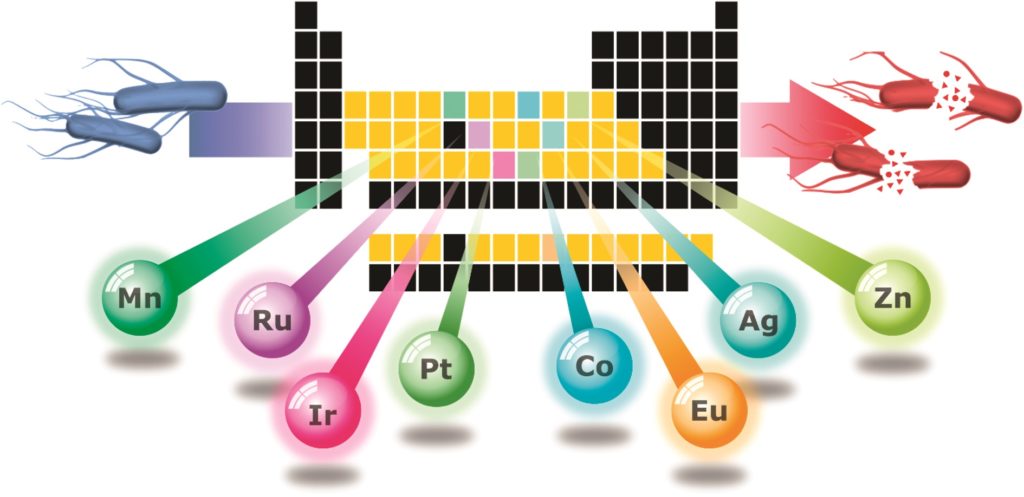
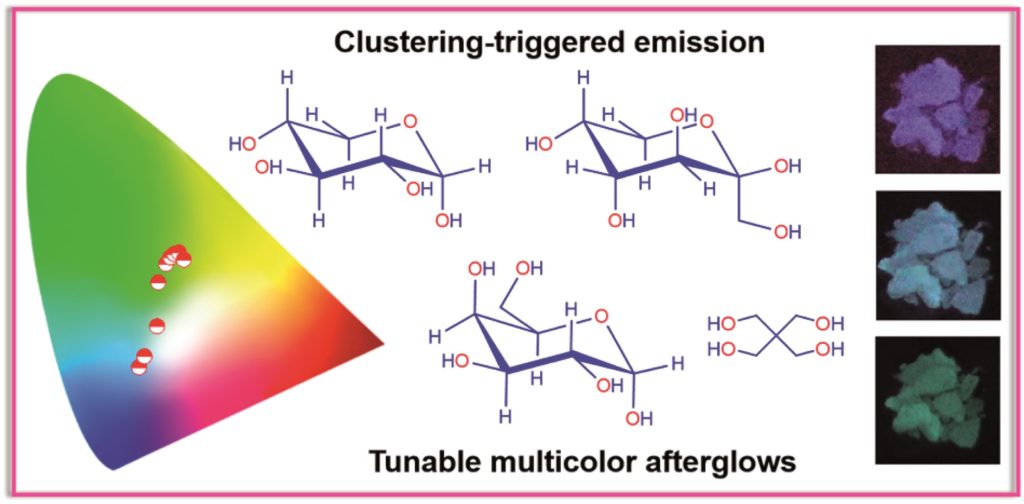
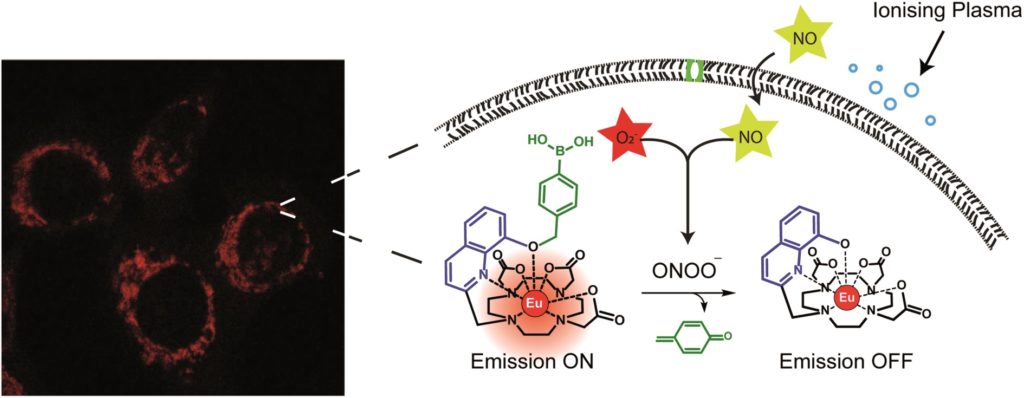
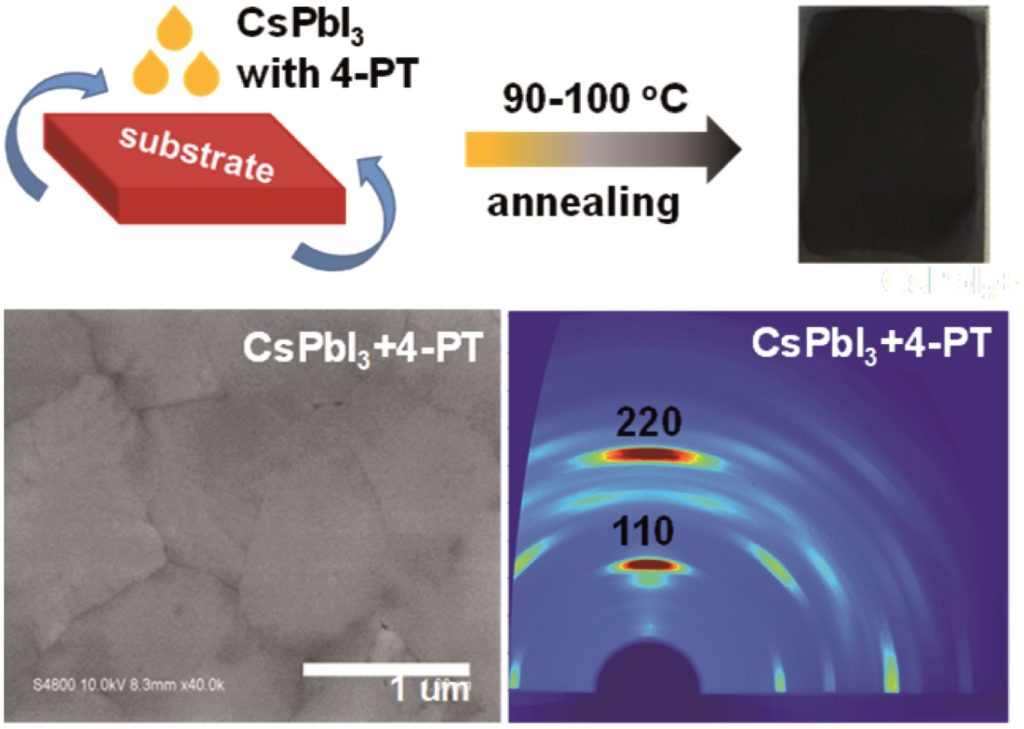
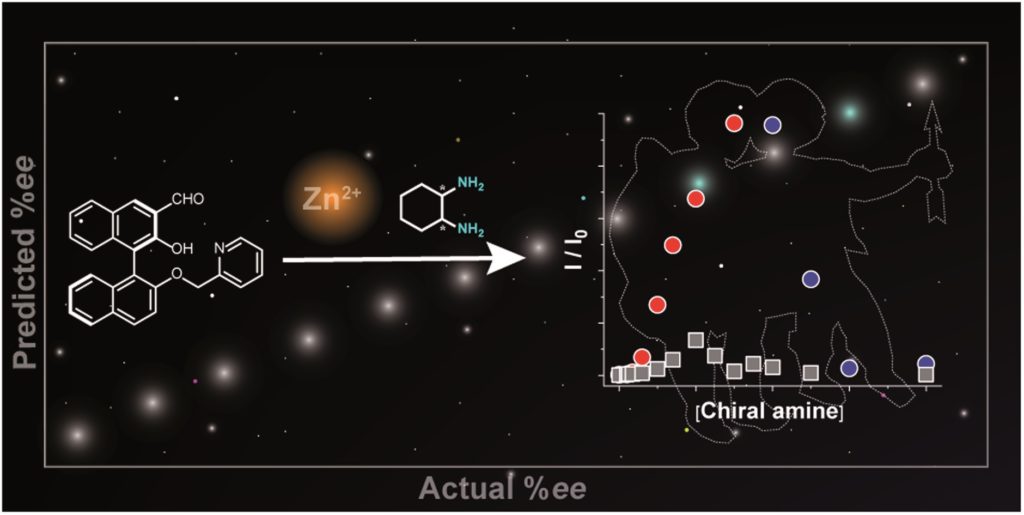
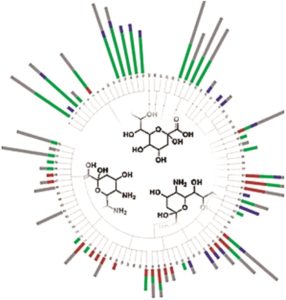

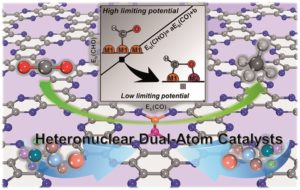
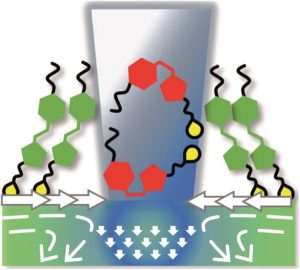
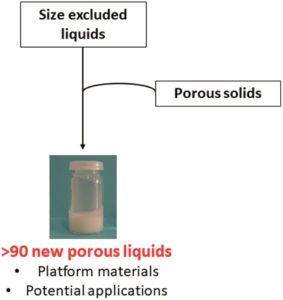
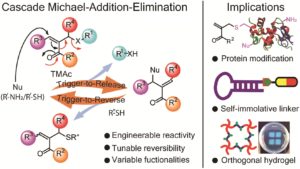
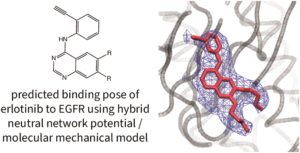
![Efficient white polymer light-emitting diodes (WPLEDs) based on covalent-grafting of [Zn2(MP)3(OAc)] into PVK](https://blogs.rsc.org/sc/files/2020/02/HOT6-300x139.jpg)
